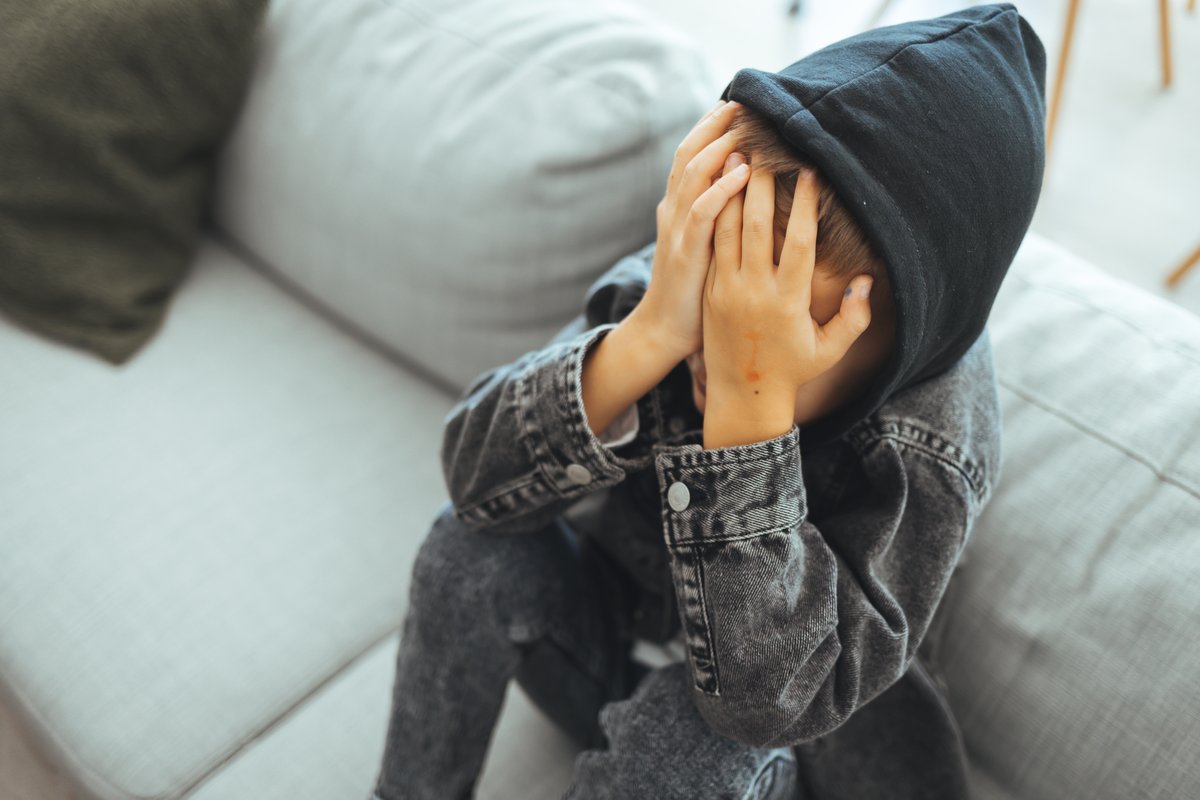
When a parent enters treatment for addiction, children are often left with unanswered questions, confusion, and fear. They may not understand where their parent has gone, why things feel different at home, or whether they’ve done something wrong.
At Renew Recovery, we believe families heal together, and that includes children. While every situation is unique, this guide offers gentle, age-appropriate ways to help children feel safe, supported, and informed when a parent begins their recovery journey.
Speak Honestly In Age-Appropriate Terms
Children don’t need all the details, but they do need the truth.
For young children (ages 4–8):
“Mommy/Daddy has been feeling very sick inside and needs special help from doctors and counselors to get better. It’s not your fault, and you didn’t cause it.”
For older children and teens:
“Your parent has been struggling with something called addiction, which affects the way people think and act. They’re getting the care they need so they can heal and be healthier.”
Avoid euphemisms like “away for a while” or “on vacation” this can create confusion and mistrust later.
Reassure Them: It’s Not Their Fault
Children often internalize situations they don’t understand. Make it very clear:
- “You did nothing to cause this.”
- “This is an adult problem, and adults are working to fix it.”
- “You’re allowed to feel however you feel about it.”
Offer repeated reassurance and open the door to ongoing conversation.
Invite Questions and Feelings
Let children know that it’s okay to talk and feel all the things.
You can say:
“You can ask me anything. It’s okay if you’re sad, mad, or confused. I’m here to talk with you.”
Validate their emotions, even when they’re big or difficult. If they don’t want to talk yet, just being available and calm helps build trust.
Provide Structure and Stability
Routine provides safety. While your household may be adjusting, try to:
- Keep daily routines as normal as possible (meals, bedtime, school)
- Let them know who will be taking care of them and when
- Prepare them in advance for visits or phone calls, if those are allowed
- Keep commitments. Showing up on time, being present
The more predictable the environment, the safer children feel.
Use Therapeutic Tools and Resources
Books, art, and stories can help children process complex emotions. Consider:
- Reading children’s books about addiction and healing (age-appropriate)
- Encouraging drawing or journaling
- Enrolling them in family therapy or child-focused counseling
- Connecting them with safe adult mentors or school counselors
Sometimes children share more through play or creative expression than conversation.
Involve Them in the Healing When It’s Healthy to Do So
If your treatment provider supports it, family therapy can be a powerful way to repair and rebuild connection. Children may benefit from:
- Attending select therapy sessions
- Writing letters to the parent in treatment
- Participating in family-focused activities once recovery has stabilized
Check with clinical staff to determine when and how this is appropriate.
Children are resilient but they’re also deeply impacted by a parent’s struggle with addiction. When you speak openly, keep routines steady, and invite them into the healing process with care, you give them the greatest gift: a foundation of trust and security during uncertain times.
At Renew Recovery, we’re here for your whole family. Healing doesn’t happen in isolation and children deserve support, too.
